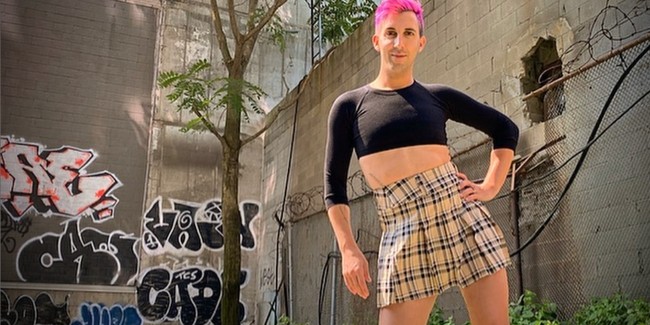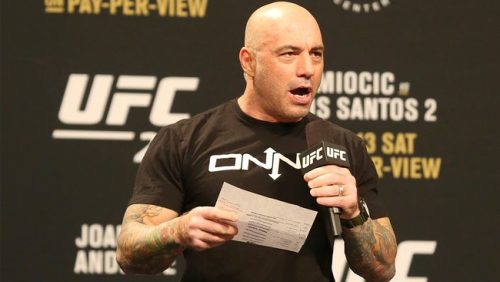Texas won a federal appeals court ruling that lets the state enforce a ban on sexually explicit performances in public or in the presence of children, and the decision shifts the legal fight over those rules back to lower courts.
Texas can now move forward enforcing a law that bars establishments from hosting sexually suggestive drag shows where minors might be present, after the U.S. Fifth Circuit vacated an injunction that had prevented the law from taking effect. The ruling allows state officials to apply the measure while the constitutional questions linger back in district court.
The state legislature adopted the statute to stop what lawmakers called erotic performances in public places and venues that serve families. The law, commonly called SB 12, targets “sexually oriented performances” and treats events that “appeal to the prurient interest in sex” the same way other adult-oriented entertainment is regulated.
Concerns grew after a string of viral videos showed men dressed as women performing sexually suggestive dances while children sat in the audience with their parents. Those clips pushed lawmakers and many parents to argue that communities should decide where and when minors might encounter explicit acts.
The appeals court decision came after a lower court blocked SB 12 before it could be enforced, and the higher court sent the case back for closer review of the law’s constitutionality. The ruling gives Texas prosecutors and venue owners guidance that the state may regulate lewd performances near minors during the ongoing litigation.
A federal appeals court says Texas can move forward with enforcing a ban on drag shows and other lewd performances in public or in the presence of children.
The U.S. Fifth Circuit Court of Appeals vacated a lower court injunction on Nov. 6 that had blocked enforcement of Texas Senate Bill 12, which regulates “sexually oriented performances” on public property or in the presence of minors. The decision allows the state to begin enforcing the measure while sending the case back to the district court for further review of its constitutionality.
Dubbed a “drag show ban” by critics, SB 12 defines a “sexually oriented performance” as “a visual performance” that features a performer who “is nude” or “engages in sexual conduct,” and “appeals to the prurient interest in sex.” Under the law, anyone who controls the premises of a commercial enterprise” is prohibited from allowing any lewd performance in the presence of anyone younger than 18 years of age.
Despite Gov. Greg Abbott signing SB 12 into law, the bill was preemptively blocked by the U.S. District Court for the Southern District of Texas prior to taking effect in September 2023.
The lawsuit, Paxton v. The Woodlands Pride Inc., was filed as a First Amendment challenge by the Abilene Pride Alliance, along with other drag performers and organizations hosting drag events. After a two-day bench trial, the district court ruled SB 12 unconstitutional and enjoined Texas Attorney General Ken Paxton, the city of Abilene, Taylor County, Montgomery County, and four district attorneys from enforcing it before the law took effect.
Opponents argue the law infringes on free expression and artistic performance, and civil liberties advocates have been vocal about the issue. The ACLU of Texas said, “Drag is not a crime. It is art, joy, and resistance — a vital part of our culture and our communities” and that “The First Amendment protects all artistic expression, including drag.”
🎉 VICTORY! 🎉
Texas law preventing drag queens from sexually performing in front of children has been UPHELD by the 5th circuit court of appeals!
My organization @FamilyProjectTX’s work to expose these “all-ages” shows was instrumental in this fight and we worked directly… pic.twitter.com/Zr57cm2aVx
— Sara Gonzales (@SaraGonzalesTX) November 6, 2025
The state and supporters stress that SB 12 does not outlaw drag for adults; it restricts exposing minors to sexualized performances in public or family venues the same way laws limit children’s access to strip clubs. That is the practical difference supporters point to when defending the statute’s intent and scope.
Texas Attorney General Ken Paxton praised the appeals court outcome, saying his office will “always work to shield our children from exposure to erotic and inappropriate sexually oriented performances.” His comments frame the ruling as a protective measure for families and a reaffirmation of state authority to set basic public decency rules.
From a conservative point of view, the fight is clear: communities should be able to keep sexually explicit material away from children while still allowing adults to choose their own entertainment. Many parents and local leaders see the ruling as a sensible step that aligns with longstanding limits on minors’ access to adult venues and content.
The debate is far from over. Critics will press their First Amendment claims in court, and advocates on both sides will use the ruling to shape public policy and local enforcement. Nevertheless, for now the Fifth Circuit’s action gives states more room to police sexually oriented performances around kids while the legal battle continues.
Editor’s Note: After more than 40 days of screwing Americans, a few Dems have finally caved. The Schumer Shutdown was never about principle—just inflicting pain for political points.
Help us report the truth about the Schumer Shutdown. Use promo code POTUS47 to get 74% off your VIP membership.






